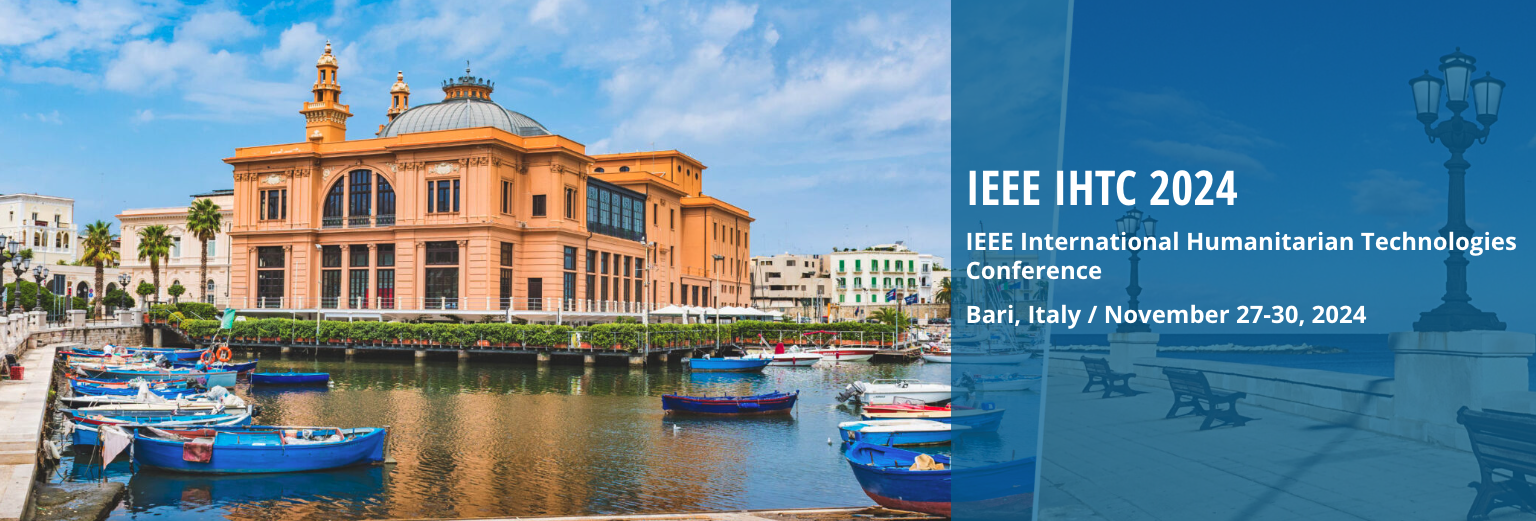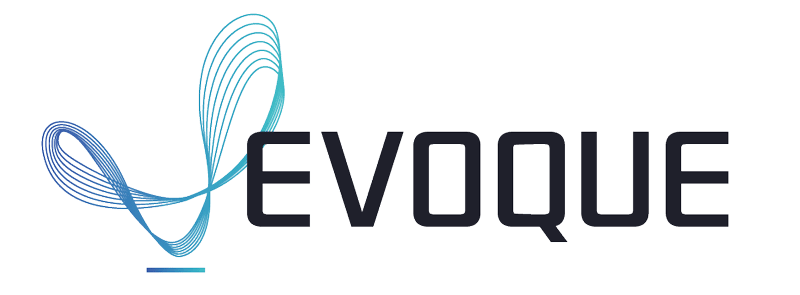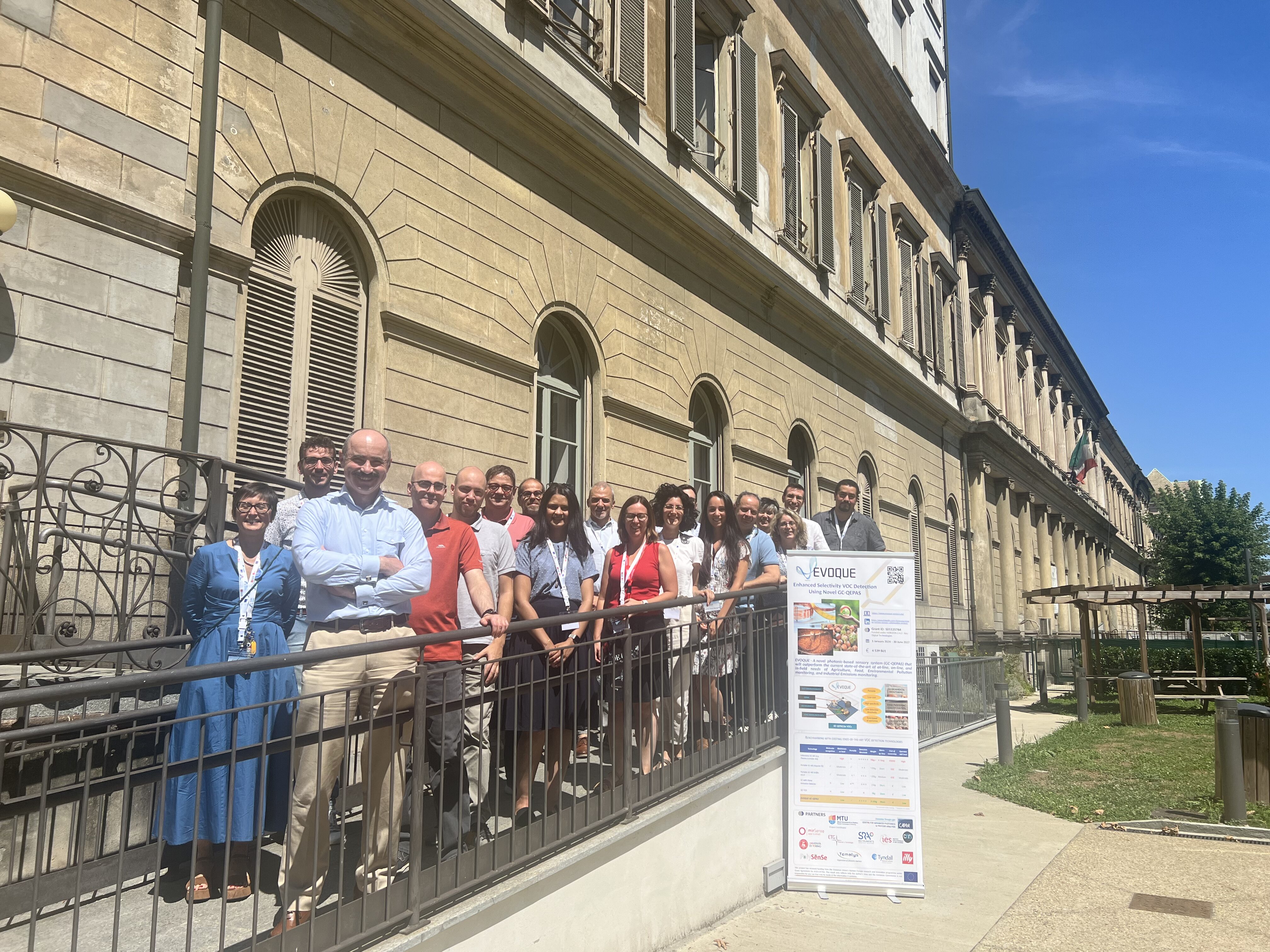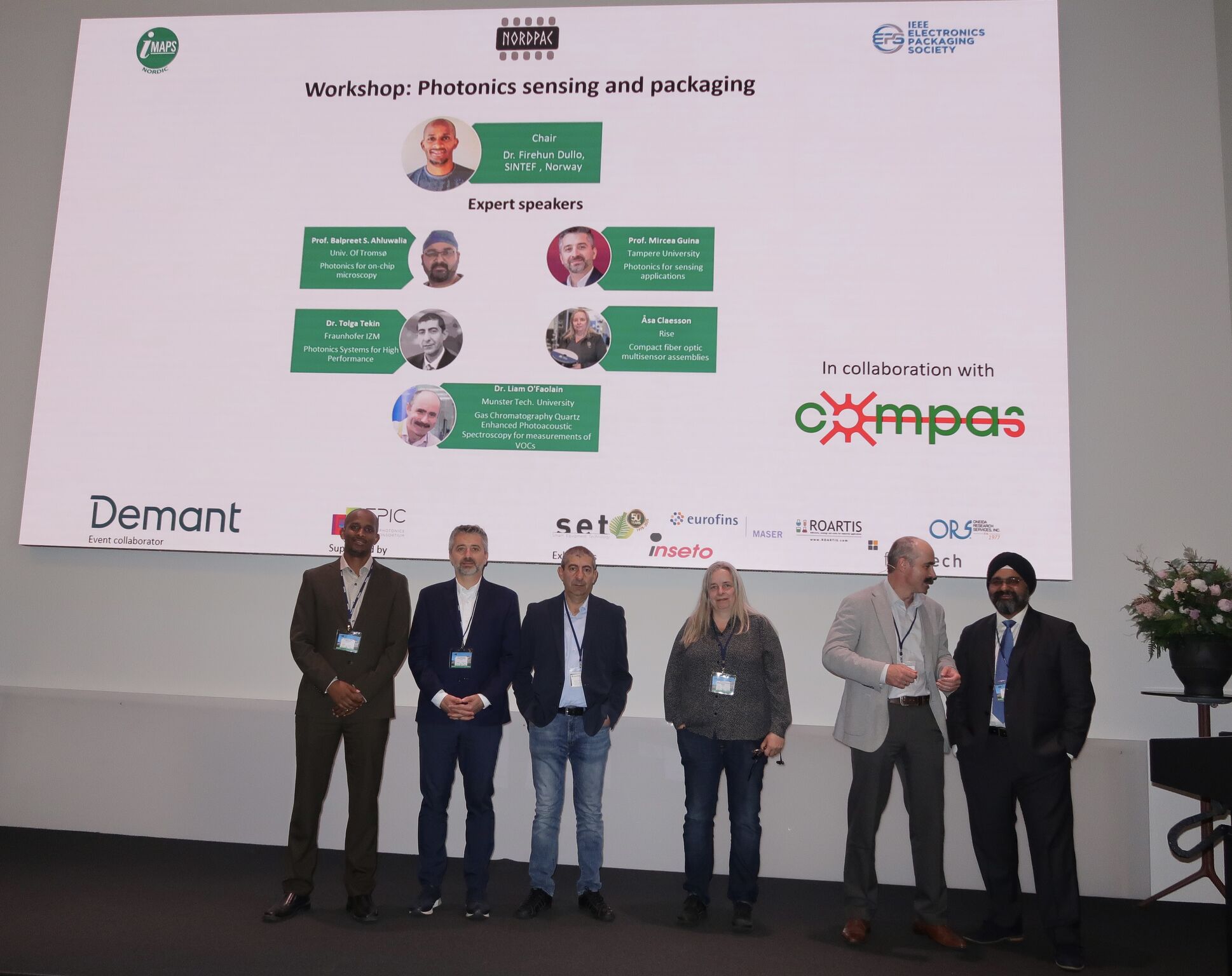This paper explores the design and optimization of all-dielectric metasurfaces, consisting of silicon meta-atoms on calcium fluoride (CaF2) and silicon nitride (Si3N4) substrates, to enhance infrared absorption. This optimization results in intense light-matter interactions in the spectral bands of molecular vibrations, thereby improving detection accuracy for gases and liquids across various settings, including biological, environmental, and industrial scenarios. The proposed devices are engineered for broadband operation and designed for sensing applications in the mid-infrared spectrum, within the 4 to 8 µm wavelength range. The analysis presented in this work highlights the potential of metamaterial-inspired sensors based on gratings to support real-time monitoring and safety applications, contributing directly to better air quality assessment, improved health diagnostics, and enhanced safety protocols.





The EVOQUE consortium is proud to share that our project research was recently presented at the IEEE International Humanitarian Technology Conference (IHTC 2024), a flagship IEEE event that showcases cutting-edge innovations aimed at addressing global humanitarian and sustainable development challenges.
Politecnico di Bari, representing EVOQUE, delivered an oral presentation titled ‘Metasurface-Enhanced Mid-Infrared Sensing Based on Integrated Polycrystalline Silicon Metagratings’, on our latest results, emphasizing their potential for real-world, human-centered impact. The presentation generated strong interest and insightful discussions among attendees from both academic and industrial sectors.
We are thrilled to announce that this contribution is now officially published as part of the IEEE IHTC 2024 conference proceedings, available via IEEE Xplore:
📄 Title: Metasurface-Enhanced Mid-Infrared Sensing Based on Integrated Polycrystalline Silicon Metagratings
🔗 DOI: 10.1109/IHTC61819.2024.10855018
📚 IEEE Xplore Link: https://ieeexplore.ieee.org/document/10855018
#ProjectEvoque #PhotoacousticSpectroscopy #Innovation #TechResearch #GasTurbulence